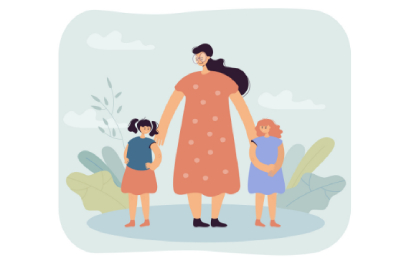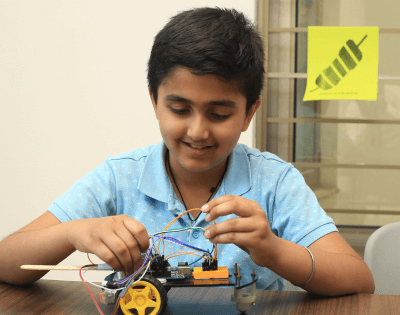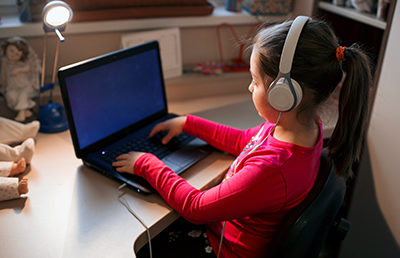
Along with words like ‘thank you’ and ‘please’, ‘sorry’ is also one of the most important words your little one must learn. Researchers have found that apology is powerful as it can de-escalate conflict, curb retaliation, mend relationships, inspire forgiveness, and even improves health. Learning to apologise is undoubtedly hard to teach your child as they cannot let go of their pride when saying it. At times, they might not just feel that their actions were not appropriate and do not want to say sorry right then and there. So instead of insisting your kid apologise, it is better to give your kid more time to calm down, process their thoughts, and feel genuine remorse. To help you teach your child to apologise, you need to put “sorry” on a standby mode and follow the steps we have compiled in this post when everyone is calm and collected. Read this blog further to know what these steps are!
1. Show your Child How to Apologise the Right Way
When it comes to teaching your child how to apologise correctly, it is always best to start teaching them the different ingredients of apologising because just muttering the word under your breath is not a good apology. Teach your child that while apologising, standing straight and making eye contact is crucial. Encourage your little one to add words to his apology, such as telling the listener what they did wrong to know why they have to apologise.
2. Lose the lecture
When you talk to your child about what they did that requires an apology, there are chances that they might be defensive of their actions. In this case, take some time to let go of the rant about your child’s inappropriate behaviour. Try to replace it with the questions to ensure they understand why you asked them to apologise and why they should not feel embarrassed.
3. Pass on punishment
Sending your kid to their room or making them sit alone in a corner might be an easy fit, but it does not really solve the problem. Rather than getting angry at your child’s behaviour or focusing on punishment, take a deep breath and look for a solution to fix the situation. The best way to do this is to ask, “What could you do to make it right? Remember, a verbal apology is always a great start. But since children understand best through actions, it is good to pair it with kindness, such as helping fix what was damaged. Though it may be difficult at first, empathy will gradually develop, and you will feel proud to have raised a child as a responsible individual.
4. Model It
Sometimes problem-solving and apologising are just too difficult for young children to figure out. Show them how it is done by role-playing or modelling. Ask questions to support and guide their behaviour but make sure that you do not take over completely. Once you get such things started, your kid might not require much support at all. In many situations, saying sorry is crucial. But remember, it is not just about saying the word “Sorry”; it also has to be meaningful because it will help them throughout their lives.
Conclusion
Everyone makes mistakes. As adults, not always but generally know when, where, why and how to apologise when you hurt or offend them. But your kid is too young to understand this and they do not recognise when a quick sorry with little feeling is necessary. Although, as a parent, it may seem hard to you, putting some much-needed thought and time between the misbehaviour and its apology will lead to a more genuine and sincere apology. Trust us that is actually worth the wait! Eventually, you will find that your kid understands their actions, acts responsibly and develops the empathy needed to learn from their mistakes.




